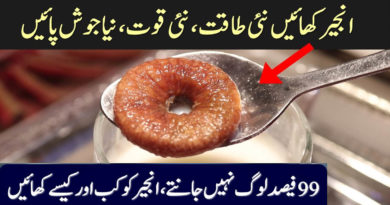Dental Cleaning: A Simple Way to Prevent Gum Disease and Tooth Decay
Introduction: Proper oral care plays a critical role in overall health and wellbeing. One of the most effective ways to prevent gum disease and tooth decay is through regular dental cleaning. In this article, we will explore the importance of dental cleaning, its benefits, and the process involved. Join us as we delve into the significance of maintaining optimal oral health through preventive dental care.
Why is Dental Cleaning Important? Maintaining good oral hygiene is vital to prevent dental issues such as gum disease and tooth decay. Dental cleaning, also known as prophylaxis, is a fundamental aspect of preventive dental care. It involves the removal of plaque, tartar, and stains from the teeth, as well as providing an opportunity for the dentist to evaluate and monitor overall oral health.
Benefits of Dental Cleaning:
- Prevents Gum Disease: Dental cleaning helps eliminate plaque and tartar build-up, which are major contributors to gum disease. By removing these harmful substances, the risk of developing gum disease is significantly reduced, promoting healthier gums.
- Fights Tooth Decay: Regular dental cleanings also aid in preventing tooth decay. Plaque buildup can lead to the formation of cavities, which can be avoided through proper dental cleaning routines. By removing plaque, bacteria, and food particles, dental cleanings help maintain strong and healthy teeth.
- Freshens Breath: Persistent bad breath can often be attributed to oral hygiene issues. Dental cleanings effectively remove bacteria and plaque that can cause unpleasant odors, leaving you with fresher breath and improved confidence.
- Early Detection of Dental Issues: Dental cleanings also serve as an opportunity for dentists to identify any potential oral health problems in their early stages. This allows for timely intervention and necessary treatment, preventing more serious complications down the line.









The Dental Cleaning Process: During a dental cleaning appointment, a professional dental hygienist will perform the following procedures:
- Examination: The dental hygienist will assess the overall oral health, including evaluating the gums, teeth, and jawbone for any signs of disease or abnormalities.
- Plaque and Tartar Removal: Using specialized tools, the dental hygienist will carefully remove plaque and tartar build-up from the teeth and along the gumline. This process, called scaling, helps prevent gum disease and tooth decay.
- Polishing: After scaling, the dental hygienist will polish the teeth using a gritty paste and a high-powered toothbrush. This helps remove stains and leaves the teeth feeling smooth and clean.
- Flossing and Fluoride Treatment: The hygienist will floss between the teeth to remove any remaining debris and apply a fluoride treatment, which helps strengthen the tooth enamel and further prevent cavities.
Maintaining Optimal Oral Health: In addition to regular dental cleanings, it is crucial to maintain a good oral hygiene routine at home. This includes brushing your teeth at least twice a day, flossing daily, and using mouthwash. It is recommended to visit the dentist for a professional cleaning every six months or as advised by your dental healthcare provider.
Conclusion: Dental cleaning is not only a simple and effective way to prevent gum disease and tooth decay but also plays a significant role in maintaining overall oral health. By incorporating regular dental cleanings into your oral care routine, you can enjoy the benefits of healthier teeth, fresher breath, and early detection of potential dental issues. Take charge of your oral health today and book an appointment with your dentist for a thorough dental cleaning session.


